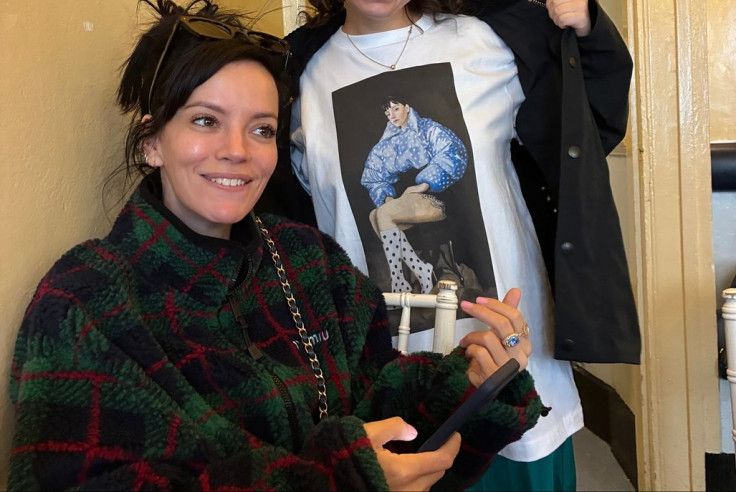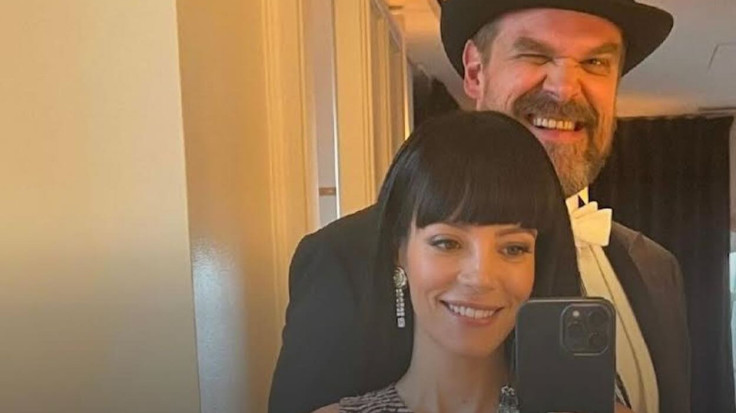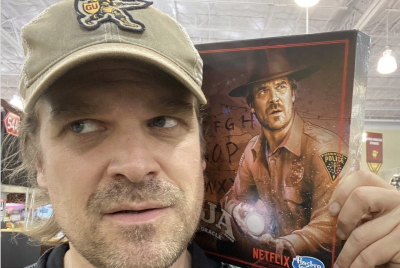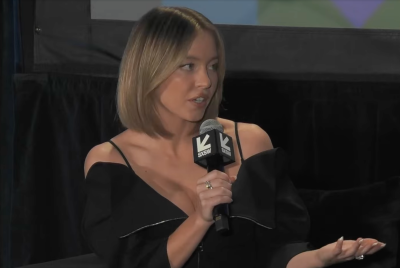'Petty Or Genius?' Lily Allen's Bizarre 'B*tt Plug' Album Launch Giveaway Leaves Fans Stunned
At a Perfect Magazine dinner at The Standard, London, guests found blue-and-white polka-dot butt plugs — a literal nod to lyrics on Allen's new 'autofiction' album, sparking debate over publicity, privacy and art.

Lily Allen handed guests blue-and-white polka-dot butt plugs at a London dinner celebrating her surprise new album, prompting shock, amusement and debate about whether it was a provocative marketing masterstroke or an unnecessary public spectacle.
The singer's 14-track record, West End Girl, has already been framed by Allen as 'autofiction,' a blend of lived experience and invention, and it includes explicit lyrics referencing sex toys and infidelity that appear to have inspired the giveaway.
At a Perfect Magazine–hosted dinner at The Standard, London, guests found the polka-dot items in place settings, a gesture reported by the paper and later amplified across social media by attendees and outlets.
The stunt has since divided public opinion: some call it a clever piece of theatrical publicity that fits the album's confessional tone, while others view it as gratuitous and cruel, given the real-life people the songs are widely understood to reference.
The Item, The Lyric, And The Launch Dinner
Photos and eyewitness reports describe a blue-and-white polka-dot butt plug packaged next to each guest's plate at the dinner, which Perfect Magazine hosted on the night of the album's release. That presentation matched a visceral lyric from the track 'Pussy Palace,' 'Duane Reade bag with the handles tied / Sex toys, butt plugs, lube inside,' a line Allen has discussed in interviews as emblematic of the record's raw detail.
Journalists who spoke with guests say that some recipients discovered the item contained a USB drive with the album, although that specific claim remains unconfirmed publicly.
A magazine's long interview with Allen makes clear she intended West End Girl to straddle confession and fiction; she told the magazine the record 'could be considered autofiction' and that many of its vivid images came from memory rather than premeditated documentation.
That interview is important because it anchors the giveaway within Allen's stated artistic framing: she is using theatricality and shock to translate private trauma into public art.
Artistic Provocation or Public Humiliation?
Supporters argue the giveaway is consistent with pop's history of spectacle and the way artists convert controversy into conversation. In this view, Allen's choice was performative, aligning promotional tactics with lyrical themes to make the album's argument impossible to ignore.
Critics counter that the stunt weaponises private detail for clicks and humiliation, especially given the extensive press speculation that many songs chronicle the breakdown of Allen's marriage to actor David Harbour. The debate raises broader questions about contemporary autofiction: when does an artist's right to process pain collide with another person's right to privacy?
Those tensions were visible in Allen's own interviews. In Vogue and The Times, she spoke of vulnerability, recovery, and the difficulty of converting painful personal events into art, language that complicates any simple reading of the gift as mere schadenfreude.

Whether the buttplug stunt is an ironic rejoinder or a deliberate affront, it undeniably anchors conversation around the album's central themes: betrayal, exposure, and agency.
Public Reaction, Media Momentum, and What Comes Next
Social media lit up within hours. Clips and images of the polka-dot item circulated on Instagram and X, while tabloid and music press framed the story variously as headline-grabbing humour and tasteless provocation.
The musical press has largely focused on substance as well as spectacle: critics praising West End Girl for its sharp songwriting and emotional candour have noted that the album's shock value is part of a larger, deliberate artistic move to confront the tabloid machinery that has long trailed Allen.
At the same time, pundits caution that sensational gestures can eclipse musical conversations, reducing nuanced work to a single punchline.
Lily Allen's choice to turn a lyric into a physical object for her guests is both theatrical and transgressive. And, in an era where confessional pop is currency, it may be the modern equivalent of dropping a surprise single: crude, theatrical, and hard to ignore.
© Copyright IBTimes 2025. All rights reserved.





















